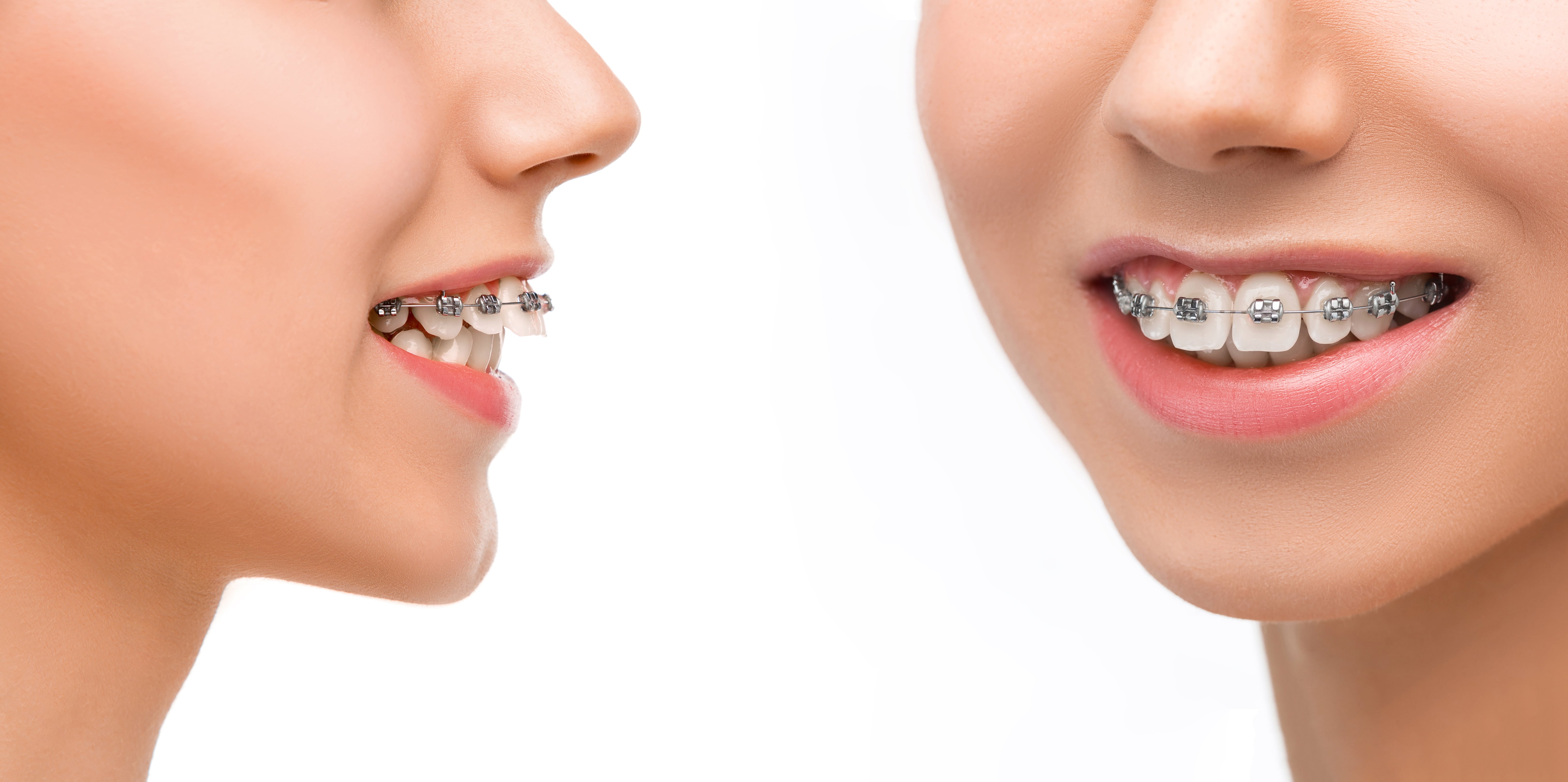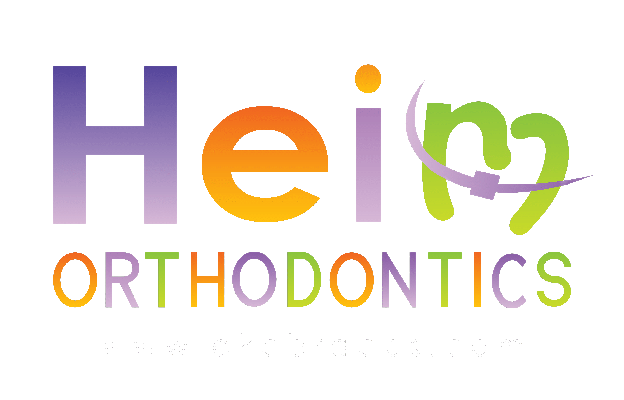Overbite Correction in Oklahoma City & Kingfisher, OK
An overbite is an orthodontic condition in which the upper teeth overlap significantly with the lower teeth. It's also commonly known as a "deep bite." This can cause discomfort, pain, and even damage to your teeth and gums if left untreated. In some cases, it can also affect your speech.
There are different types of overbites — vertical or horizontal — depending on how much the teeth overlap with each other. A vertical overbite occurs when there is an excessive overlapping of the two arches vertically, while a horizontal one happens if there's too much upper jaw protrusion.
Overbites may be caused by various factors such as genetics, thumb-sucking habits during childhood or misaligned teeth. Some people may have an overbite due to bone growth issues or temporomandibular joint disorder (TMD).
It's important to get your overbite checked by our orthodontist who will assess its severity and recommend treatment options accordingly. Early intervention can prevent any potential complications that could arise from leaving an untreated overbite for too long!

Causes of Overbite
There are several causes of an overbite, and some of them may surprise you.
One common cause of overbite is genetics. If other members of your family have developed an overbite, then there's a chance that you might also inherit it from them. Another possible cause is childhood habits such as thumb-sucking or prolonged use of pacifiers which can alter the growth pattern of the jaw and lead to an overbite.
Malocclusion or misaligned jaws could also be a reason for developing an overbite. A malocclusion occurs when there's a mismatch between the size of your upper and lower jaws which makes it difficult for your teeth to fit correctly together.
Injury or trauma to the mouth area could cause damage to teeth resulting in displacement leading to the development of bite problems including overbites.
Poor oral hygiene can contribute towards having crooked or overcrowded teeth that eventually lead to developing abnormal bites like underbites and overbites.

Treatment Options for Overbite
Overbite is a common orthodontic problem that can interfere with the proper functioning of your mouth and lead to various health issues. Fortunately, there are several treatment options available for correcting an overbite.
One of the most common methods is braces, which can effectively move teeth into their proper position and correct the overbite. Another option is clear aligners like Invisalign, which offer a discreet alternative to traditional metal braces. For severe cases of overbite, orthodontic surgery may be necessary to reposition the jaw or remove excess bone tissue. Additionally, Forsus or other appliances may be used in conjunction with braces to help shift teeth and improve bite alignment gradually.
Overall, seeking treatment for an overbite is essential not only for aesthetic reasons but also for improving overall dental health and function. A qualified orthodontist can assess your specific needs and recommend the best course of action based on factors such as age, severity of the overbite, and personal preferences. With proper care and attention, correcting an overbite can lead to improved oral health outcomes and a more confident smile.
Call HEIM ORTHODONTICS at (405) 755-8151 (Oklahoma City, OK) or (405) 375-5328 (Kingfisher, OK) to schedule an online appointment with our orthodontist or to learn more about our orthodontic services.
Visit Our Office
Office Hours
- MON - WED7:30 am - 5:00 pm
- THU8:30 am - 5:00 pm
- FRI8:00 am - 12:00 pm
- SAT - SUNClosed
Office Hours
- MON - THUClosed
- FRI9:00 am - 5:00 pm
- SAT - SUNClosed
4320 McAuley Blvd,
Oklahoma City, OK
Phone : (405) 755-8151Text Us : (405) 755-8151
